With the Ebola scare spreading as two nurses contact the disease while treating a patient in Dallas, we’ve been getting many questions on best practices for Ebola prevention. Although Ebola has been commonly known to spread through direct contact with the bodily fluids of inflicted individuals, research shows that it may also spread through suspended droplets in the air when someone sneezes or coughs. As a former EMT, co-founder of RTGS, and a guy who hangs around with people who are serious about preparedness (and not getting Ebola), here are the top reasons I’ve picked up on how to stay Ebola free if this disease begins to spread.
1. Have an EDC on your person at all times
An every day carry (EDC) is a small kit of items you bring with you wherever you go. The items in an everyday carry will differ depending on where you live and other personal circumstances, but there are a few items that are good to have no matter what. The most important part of an EDC if you’re trying to avoid Ebola is a way to cover your orifices. Although an NBC gas mask coupled with a Tyvek suit would be most effective, a NIOSH approved N95 mask, goggles, and ear plugs will be better than nothing as a first line of defense. If you go the NBC route, make sure you research how to properly disinfect yourself before removing protective gear.
2. Avoid public transportation
Although avoiding public transportation may be difficult, it’s likely the best way to avoid contracting a spreading disease. I know what you’re thinking.. How am I going to get to work without public transport? Driving in major metropolitan areas may not be an option with huge traffic jams and parking prices exceeding 40 dollars a day. If you live less than 15 miles away from work, it would be a good idea to take up cycling and ride to work. You will avoid spending extended time with people in a confided space and will also boost your immune system with exercise.
3. If possible, request to work from home once a week
Not everyone has this luxury, but if you do, take it. You will have less exposure to possibly infected people and have an opportunity to work in your underpants.
4. Wash your hands and sanitize compulsively
Growing up, that’s one of the thing’s I remember my mother telling me most often…Wash your hands! I used to rebel and skip out but that’s before I learned about germ theory.
Tip of the day: choose a dirty hand and use it to hold railings, pick stuff up from the floor, shake hands, and perform other tasks which require you to touch un-sanitized surfaces.
5. Give your body the nutrients to fight off disease
Just like any other virus or bacteria, your body has the ability to fight it off before it becomes a problem. Along with the standard Vitamin C and multi, here’s a little recipe I use for overall health and boosted immune function. As with any diet change or supplementation, please consult with your doctor first. It is recommended you take this concoction mixed in 12oz of warm water first thing in the morning, an hour before your first meal.
- 1tbs UMF 15+ Manuka Honey
- 1 tbs Apple Cider Vinegar
- 3 oz juiced ginger
- ½ juiced lemon
- 1 scoop Vibrant Greens
- 1 tbs food grade Diatomaceous Earth

Exclusive Survival Gear Deals
Access survival equipment we’ve fully tested so we can recommend it to you.
6. Have a bug out location ready
The last place you want to be during a widespread Ebola outbreak is in a major city. As the disease outpaces the governments’ ability to contain it, they may resort to quarantining entire towns by locking down roads, tunnels and bridges. Get out with time to spare.
Only time will tell whether this Ebola outbreak is really something to worry about or just sensationalism at work. Some food for thought…As of now, the regular flu virus kills anywhere between 250K to 500K people yearly while Ebola has taken around 4.5K lives. Even though the odds are in your favor, it’s a good idea to research symptoms, have protective gear on hand, and plan to evacuate if the need arises. Stay vigilant, stay active, and stay prepared.


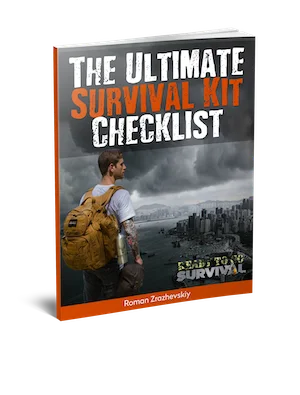






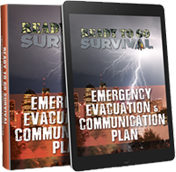







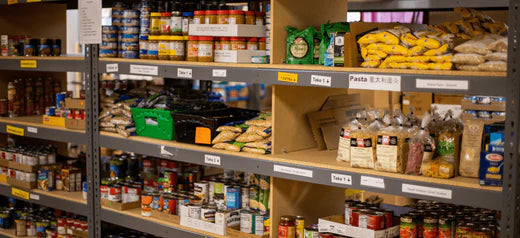

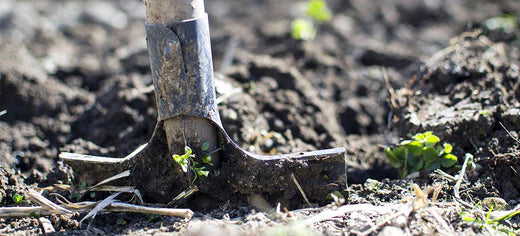


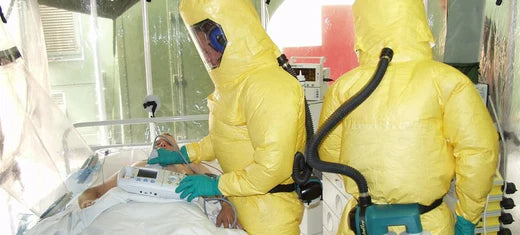

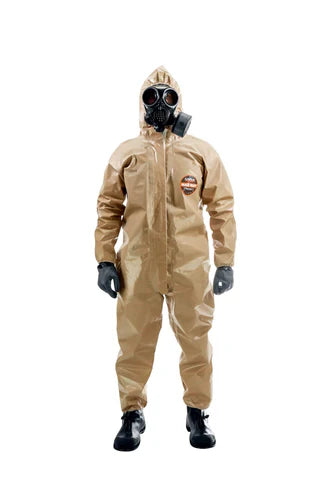





Leave a comment